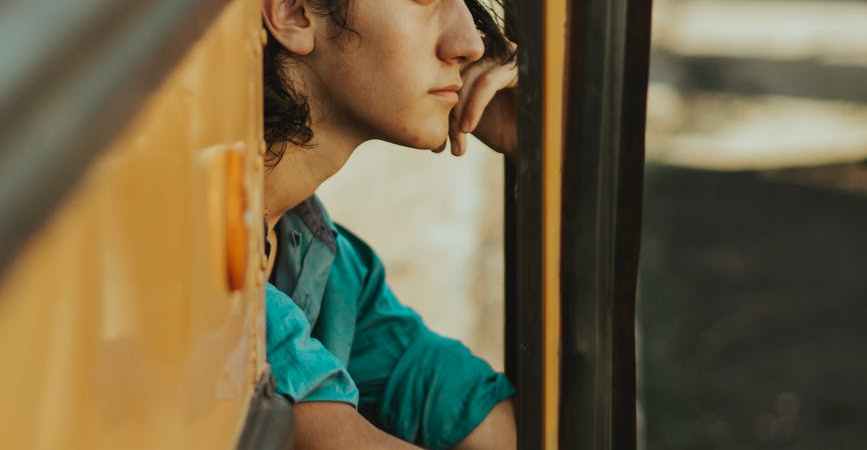It is said over and over again that public money cannot be given for use at religious schools. But that’s been happening ever since public schools in the United States began.
First, let’s define “religious schools” as understood in our culture by most people: Christian or Catholic private schools; schools based on belief in God.
Next, let’s use The Oxford Essential Dictionary to define religion, (then apply that to schools): (1) belief in a personal God or gods entitled to obedience and worship; (2) expression of this(beliefs) in worship; (3) particular system of faith and worship; (4) thing that one is devoted to.
(1)belief in a personal God or gods entitled to obedience and worship
What is to be taught and how it is taught are important matters to parents and school leaders. Our beliefs determine our decision-making. Parents and school leaders will choose curriculum and systems based on their belief in God, or their belief in Humans/Self. In short, they will “obey” their personal God or gods. A form of reverence, or worship, is obedience to commands: Either the commands of God as taught in the Bible…Or the commands of Humans, as taught by Humanism in Humanist Manifesto I and II (and/or all religions other than Christianity).
Do the beliefs of parents and school leaders determine whether a school is religious or not?
(2)expression of this(beliefs) in worship
Our beliefs demand our attention. When it comes to God, believers are expressive in song (ex.“Amazing Grace”), speaking and writing (ex.Pilgrim’s Progress) about their love and devotion to God. When it comes to Humans, humanists are expressive in song (ex. Sinatra’s “I Did It My Way”), speaking and writing (ex. self-actualization) about their love and devotion to self. In what ways is worship expressed in the schools? Does the existence of worship mean a school is religious?
(3)particular system of faith and worship
Believers in God have a system that exemplifies trust and confidence in God to provide, protect and guide. Believers in Humans have a system that exemplifies their complete trust and confidence in themselves to provide, protect and guide.
How do schools prepare students for a life in which they need provision, protection and guidance? In whom, God or Humans, should students be taught to put their faith? Are schools that teach where to place one’s faith religious?
(4)thing that one is devoted to
Those trusting in God are devoted to intelligent design and absolute Truth; to a worldview shaped by the existence of something outside of themselves creating and directing life. Those trusting in Humans are devoted to evolution and choosing one’s own truth; to a worldview shaped by the need to look inward and continually shape one’s own self.
How then is right and wrong determined? Does teaching morality mean a school is religious?
On which religious belief – in God or Humans – does the public-school system base its decisions?
Clearly it is Humans, since God was shut out in the name of “fairness”, “nonsectarian”, “secular” and “neutral”.
R.C. Sproul suggests that the original “neutrality”* of public schools was argued to be out of a sense of fairness to all parties involved. Except, apparently, to those believing in God.
And therefore we have Supreme Court cases such as Carson v. Makin. Should we be surprised?
Watch for my next blog, ‘Public Schools Are Religious’.
*ligonier.org, “The Myth of Neutral Education”

So good. Thank you, my young hero.
LikeLiked by 1 person
In what ways, in your experience with public schools, did you see humanism present?
LikeLike